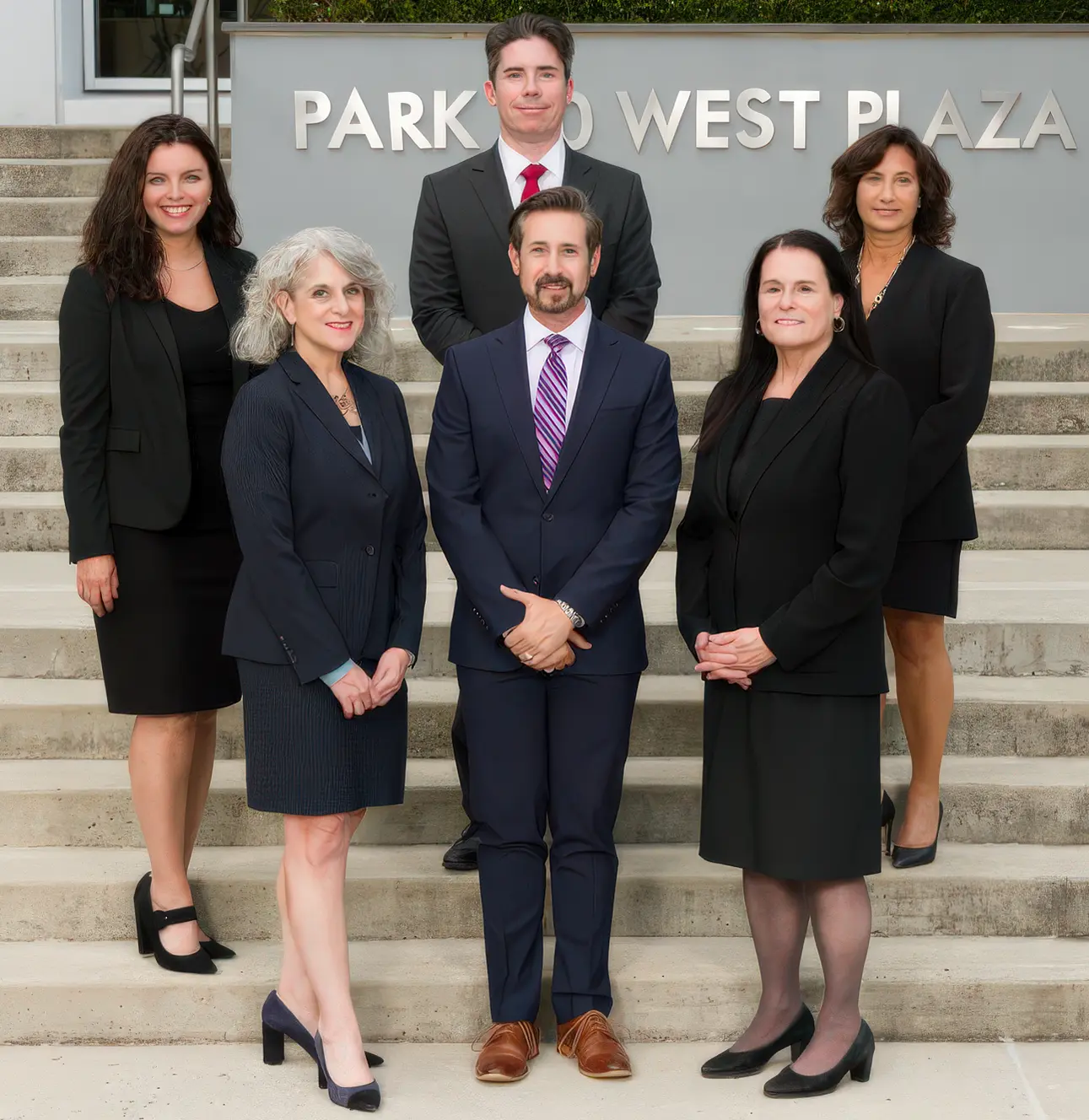
Family law mediation is a voluntary process in which a couple meets with a neutral third party to address and resolve issues. The mediator provides information about the law and legal process but does not represent or advocate for either party and does not provide legal advice. The mediator assists the couple to explore options but cannot make decisions for them. Mediation is a client-centered process to help couples reach an out-of-court agreement, without the financial and emotional cost of contested court proceedings.
Mediation can resolve issues related to a divorce, including custody and visitation rights, alimony, child support, and the division of assets and liabilities. It can also be used in pre- or post-nuptial agreements and paternity matters. It is a methodology suitable for couples who have good communications, as an efficient way to navigate and resolve family law issues.
The reality is that in-court litigation can be long, expensive and adversarial, as well as dependent on the court’s calendar.
Mediation is generally seen as a more flexible and less expensive way to reach an amicable agreement without a long court battle – and resolve family law disputes. It is voluntary and confidential and is guided by the needs and wishes of the two parties. Additional benefits:
Couples in the early stages of separation or divorce may prefer mediation, especially when it comes to creating workable child custody and parenting time plans, simplifying the division of assets, and developing mutually agreeable alimony and child support provisions.
Mediation can cover:
We at Cohn Lifland can either be retained as the actual mediator in your dispute, or we can serve as independent counsel offering professional legal advice during the divorce mediation process.
Partners Jeffrey Fiorello and Amanda Trigg published an article, "Finding Harmony in Conflict: Leverage the Dynamics Connecting Mediation and Arbitration in Family Law, in The New Jersey Law Journal, August 20, 2024. To read the article, click here.
Cohn Lifland Pearlman Herrmann & Knopf LLP can help with all your legal needs regarding family law matters in New Jersey. To learn more about the family law issues that matter to you, we invite you to follow the links below:
Backed by over 90 years of institutional knowledge, experience and professionalism, our family law attorneys know the law — and they can help. Contact us online or call 201-845-9600 today to find out how. From our office in Saddle Brook, our lawyers help clients in state and federal courts throughout northern New Jersey.